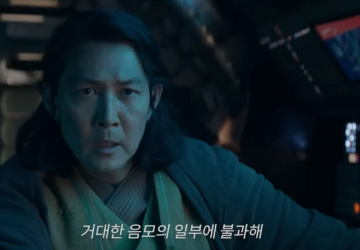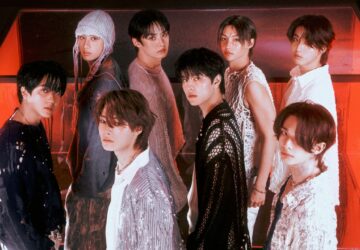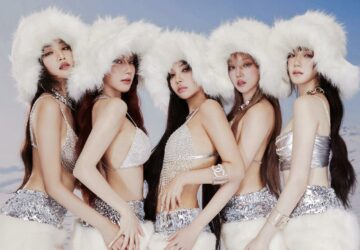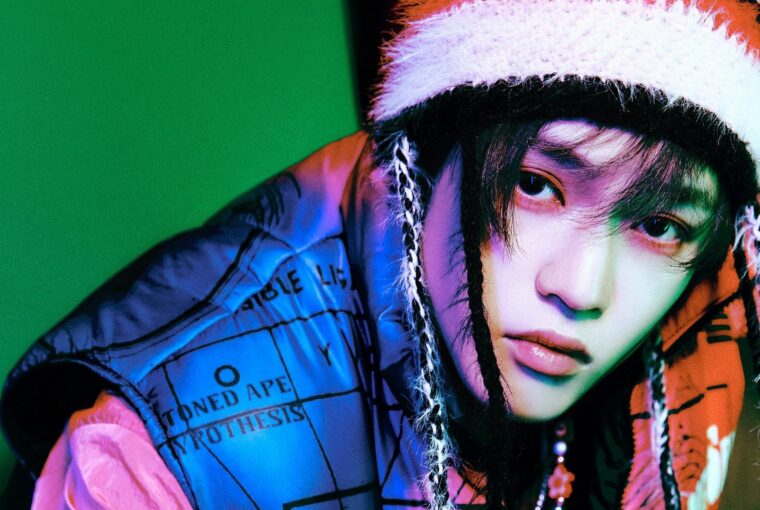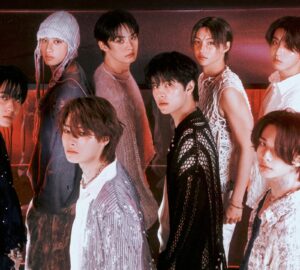Artificial Intelligence (AI) has made waves in various sectors, and the entertainment industry is no exception. K-pop, a genre known for its innovative approach to music, has been quick to embrace this technology. But the integration of AI in K-pop has sparked debates among artists, critics, and fans, particularly regarding its implications for the industry’s future.
AI’s influence on K-pop is multifaceted. K-pop companies have used it to aid songwriting, create new personas for existing singers, and even generate virtual celebrities. A notable example is Midnatt, the stage name of singer Lee Hyun, who recently released a new song, “Masquerade,” with the help of AI. Using technology from Supertone, an AI company, HYBE transformed Lee Hyun’s voice into a woman’s for the female part of the song while retaining his distinctive singing style. This innovative use of AI extends to multilingual pronunciation correction, allowing songs to be released in multiple languages simultaneously.
Another intriguing application of AI in K-pop is the creation of virtual celebrities. In the storyline of the SM Entertainment girl group aespa, there’s a persona called Naevis with a unique visual and voice. She was featured in the intro and chorus of the song “Welcome to My World” from aespa‘s third EP, and SM Entertainment is currently preparing for her solo debut.
i love how nct dream respond to ai covers & how some of them saying they don’t like it. yeah the world & technology changed & it might help us, but as an artist or singer it probably feel bad seeing their supposed job replaced by smth that’s not even human pic.twitter.com/UrqgvsDjPg
— s (@hwgflx) July 12, 2023
However, as interesting as its applications can be, the use of AI in K-pop isn’t without controversy. AI-generated vocal covers using the voices of idols have been generally well-received by fans, but the idols themselves have expressed concerns. NCT DREAM, for instance, shared negative feelings about using AI for vocal covers. Chenle, a member of the group, stated, “I hate AI. If singing can be done by AI, what is the meaning of what we do? It feels like that.” His sentiment was echoed by his bandmates, with Jisung adding, “These days, I don’t need to sing some songs because AI can do it. I’m shocked.” Their sentiments reflect the concerns of other artists who fear losing jobs to AI.
What’s more, there are concerns about the ethical implications of AI-generated music. Instances where listeners mistake AI music for music produced by real artists or where singers’ distinctive voices become overused and undistinguished, are a major concern. So are copyright issues, as seen in the case of a song created by a TikTok user that mimicked Drake’s and The Weeknd‘s styles.
While AI has opened up new possibilities in K-pop, it has also raised questions about authenticity, copyright, and the value of human artistry. The words of Chenle and Jisung from NCT DREAM are a poignant reminder of the human element in music, something that must never be overlooked in the face of technological advancement.
so now that nct dream said they don’t like the ai covers r u guys gonna stop making kpop ai covers or do u not give a shit
— HARD (@boawols) July 12, 2023
(Featured Image: NCT DREAM dropped MV teaser images featuring Chenle on July 14. The group is gearing up to drop a new mini-album soon. Source: Twitter/NCT DREAM’s official Twitter account.)

